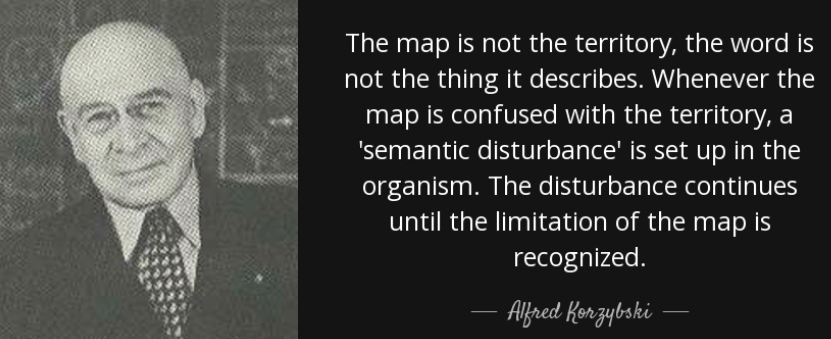
We have a LOT of terms in education-land. The great Stephen Chew wrote effectively about this (“Teaching and Learning: Lost in a Buzzword Wasteland“) , and I agree with him: we may have so many words for teaching and learning that it’s easy to get lost in the territory because the map is cluttered with terms.
So I have some mixed feelings about this wonderful blog post by Elham Arabi: “The Impact of Guided Discovery vs. Didactic Instruction on Learning.” I love the ideas Arabi discusses in the blog post: she’s describing fascinating research about the relationships between providing direct instruction and allowing students to explore problems on their own. This is an important topic, and the research is relevant to decisions teachers make in classrooms daily.
In the blog post, Arabi provides a careful summary of several studies about this topic, and then concludes “if you want your learners to apply what they have learned to different contexts, guided discovery may be a better approach. Results of these two studies showed that learners may become dependent on concept or problem without recognizing its applicability when they receive direct instruction. In such instances, didactic teaching may limit learners’ understanding of deep structure of a concept, whereas guided discovery may result in better learning retention and transfer.” This is a REALLY important idea: if we want students to be able to transfer what they learn (and we all do!), then we need to provide structured, supported opportunities so that students can figure things out on their own. They need enough “guides” (background knowledge and practice) so that they can make useful progress toward solutions, but not so much “direct instruction” that they are just following rote set of instructions without reflecting and understanding what they are doing. We need to hit the sweet spot, the butter zone between support and exploration.
That’s all important, and gets to part of the heart of effective teaching and learning, I think. Teachers are, and always will be, working to hit that sweet spot for students. It’s tricky, never-ending work. We try, we succeed sometimes, we fail other times, we make changes, and we tray again and again. The research Arabi describes can help us as we try and try again.
But I worry about getting lost in the buzzword wasteland. Arabi points out that “guided discovery should not be mistaken with discovery learning.” She goes on to describe what she means, but do these new terms on the map help us navigate this tricky territory? Do I need to go back through the research/writings I use when I think about what kinds of instruction to provide before letting students take a swing at their own answers to important questions? Do I need to worry about whether I’m reading about guided discovery, discovery learning, inquiry based learning, student centered learning, active learning, etc etc etc? I’m not sure the proliferation of labels in this area of research are helping us think more clearly. I think I agree with Stephen Chew when he says that we may need to “develop a comprehensive theory of how people learn” instead of focusing on fine distinctions between terms like “guided discovery” and “discovery learning.” Instead of worrying about which term is most appropriate, let’s focus on the underlying cognitive psychology that’s going on during teaching that encourages long-term transfer. The word may not be the thing – we’re all interested in real learning, not what the best words are to describe real learning.